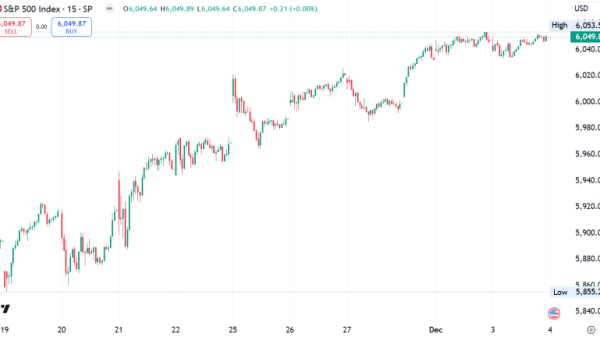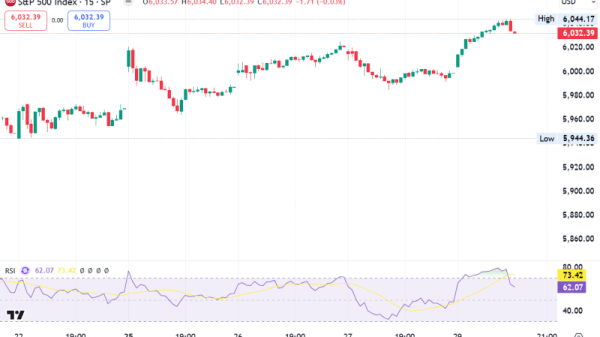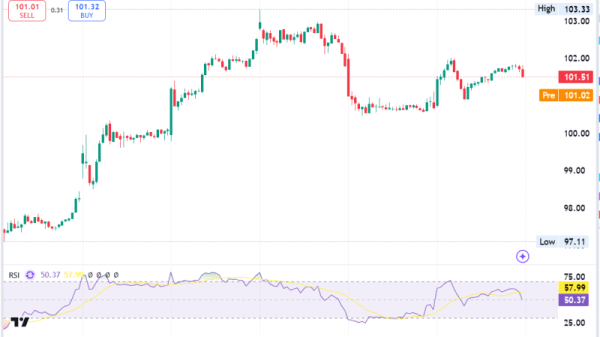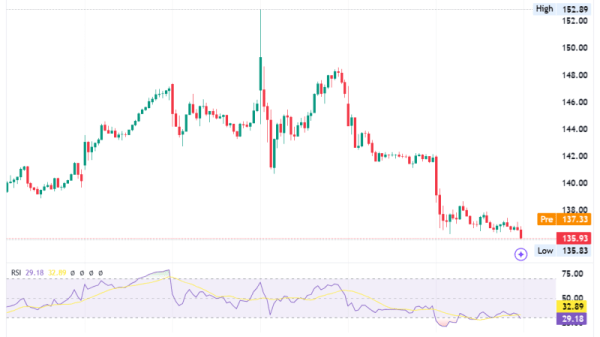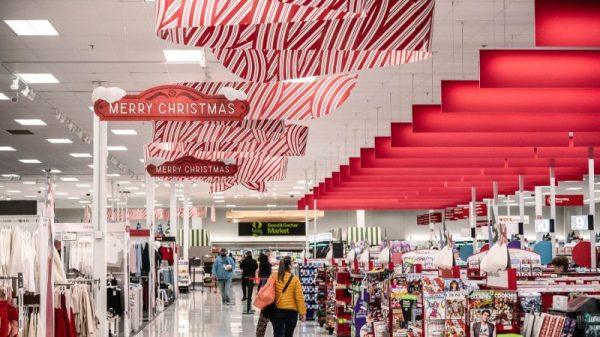By Wen-Yee Lee
TAIPEI (Reuters) – TSMC’s new U.S. plant is unlikely to get the most advanced chip technology before factories in Taiwan due to complex compliance issues, local construction regulations and various permitting requirements, the Taiwanese company’s CEO said.
Taiwan Semiconductor Manufacturing Co CEO and Chairman C.C. Wei said building the new factory in Arizona has taken at least twice as long as in Taiwan, in comments detailing specific challenges for the U.S. as it seeks to rebuild its domestic chip manufacturing sector.
“Every step requires a permit, and after the permit is approved, it takes at least twice as long as in Taiwan,” Wei said late on Thursday at a National Taiwan University event. He added that it would therefore be hard for TSMC to use its latest technology in the U.S. before Taiwan.
TSMC, the dominant maker of advanced chips used by companies including Apple (NASDAQ:AAPL) and Nvidia (NASDAQ:NVDA), is spending $65 billion on three giant factories in the U.S state of Arizona.
TSMC has said most of its chip manufacturing would remain in Taiwan, especially for the most advanced chips.
Wei said at an earnings conference on Thursday that, despite various challenges and cost overruns, he was confident the Arizona factory would produce the same quality of chips as in Taiwan, and he expected a smooth ramp-up process.
At the university event, Wei said a shortage of skilled workers and gaps in the supply chain, as well as a lack of regulations involving chip plant construction, have further extended the timeline for its Arizona project.
“We ended up establishing 18,000 rules, which cost us $35 million,” Wei said, noting that TSMC funded the hiring of a team of experts to work with the local government on regulatory issues.
He added that chemical supply costs in the U.S. are five times those in Taiwan, leading TSMC to ship sulphuric acid from Taiwan to Los Angeles and then truck it to Arizona.
Labour shortages have also posed challenges, with TSMC bringing half of the construction workers from Texas to Arizona, increasing costs due to relocation and accommodation, he said.
The U.S. government has offered full-throated support for the investment, including a $6.6 billion grant, as it seeks to spread geographic risk from an over-concentration of chip manufacturing in Asia, particularly Taiwan.
U.S. Commerce Secretary Gina Raimondo said last week that TSMC had begun producing advanced 4-nanometer chips for U.S. customers in Arizona, a milestone in the Biden administration’s semiconductor efforts.

